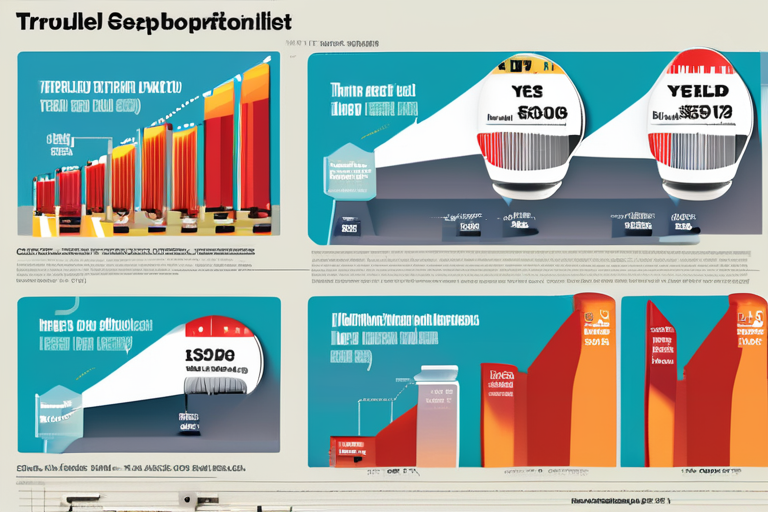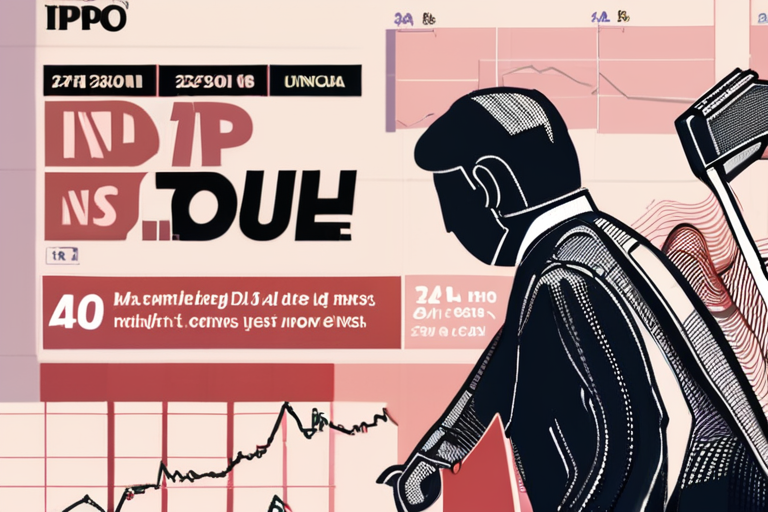Renault SA, Slovenia, and Shinhan Bank Co. made significant moves in the Samurai bond market on Friday, November 7, 2025, with the issuance of over 160 billion yen (approximately 1.04 billion USD) in yen-denominated bonds. This marked the busiest day for the Samurai bond market in at least a decade, with the French automaker's deal being the largest single tranche.
The deals, which raised a substantial amount of capital, included a 50 billion yen tranche from Renault SA, a 30 billion yen tranche from Slovenia, and a 80 billion yen tranche from Shinhan Bank Co. These issuances demonstrate a possible rebound in demand for yen-denominated bonds from overseas issuers. Investors were drawn to the higher yields offered by these bonds compared to domestic debt with similar ratings.
The Samurai bond market has been relatively quiet in recent years, but the recent surge in demand suggests a shift in investor sentiment. The market has traditionally been dominated by Japanese investors, but the recent deals indicate that foreign investors are becoming increasingly interested in yen-denominated bonds. This trend could have significant implications for the Japanese bond market, as it may lead to increased competition for domestic issuers.
Renault SA, the French automaker, has been actively exploring international bond markets in recent years. The company's decision to issue a Samurai bond reflects its efforts to diversify its funding sources and reduce its reliance on traditional European bond markets. Slovenia, on the other hand, has been seeking to tap into the Samurai bond market as a way to raise capital for its economic development projects. Shinhan Bank Co., a South Korean bank, has also been actively participating in the Samurai bond market, issuing bonds to raise capital for its lending activities.
The recent surge in demand for yen-denominated bonds from overseas issuers has significant implications for the Japanese bond market. It may lead to increased competition for domestic issuers, who may struggle to compete with the higher yields offered by foreign issuers. However, it also presents opportunities for Japanese issuers to tap into new sources of funding and diversify their investor base.
Looking ahead, the Samurai bond market is likely to remain an important source of funding for overseas issuers. As investors continue to seek higher yields and diversify their portfolios, the demand for yen-denominated bonds is likely to remain strong. However, the market may also face challenges, such as increased competition and regulatory scrutiny. As the market continues to evolve, it will be interesting to see how Japanese issuers adapt to the changing landscape and how foreign issuers continue to tap into the Samurai bond market.



























Share & Engage Share
Share this article